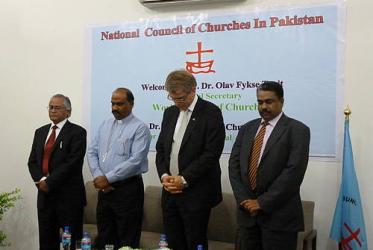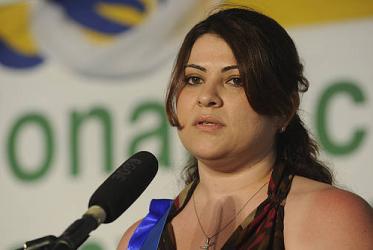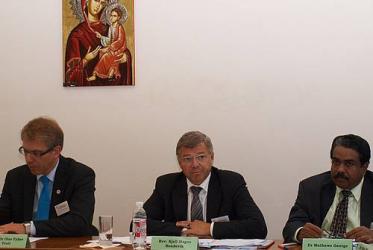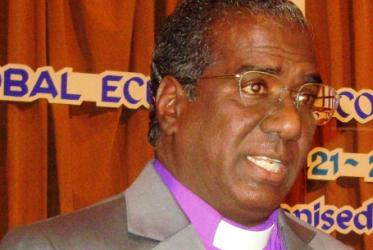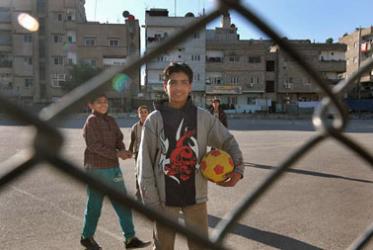Displaying 421 - 440 of 443
Unity and just peace suggested as assembly themes
16 February 2011
Racism today: churches reassess their commitment
24 August 2010
Kairos initiative: a message of hope for a just peace in Palestine
16 December 2009
The violence of manual scavenging in India
15 October 2009
WCC calls to freeze and dismantle Israeli settlements
02 September 2009
Humanitarian zones resist violence in Colombia
22 December 2008
Reparation needed to address transatlantic slave trade
17 December 2007
